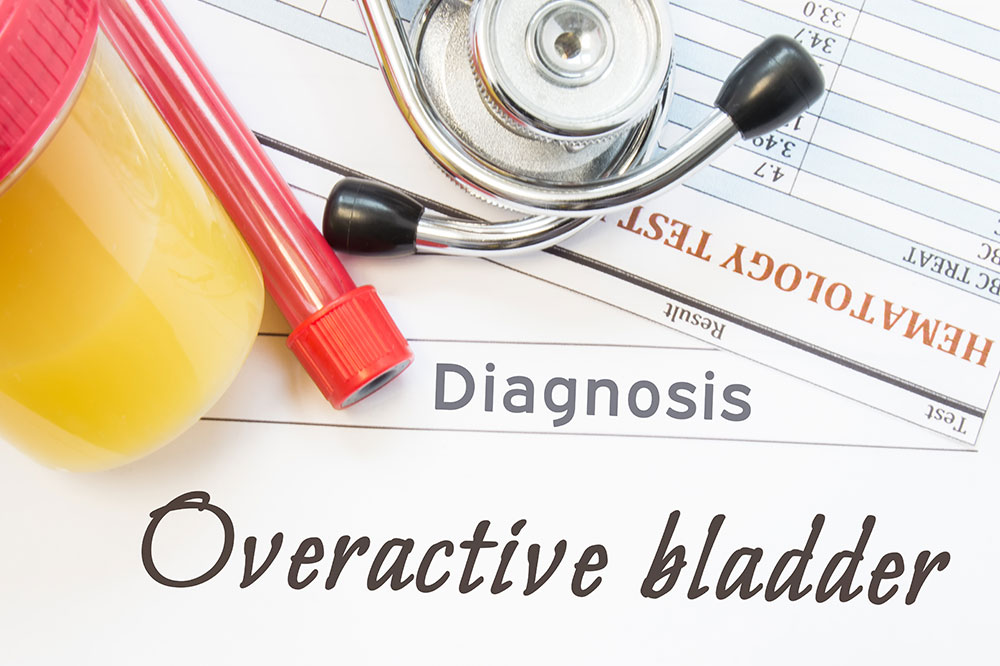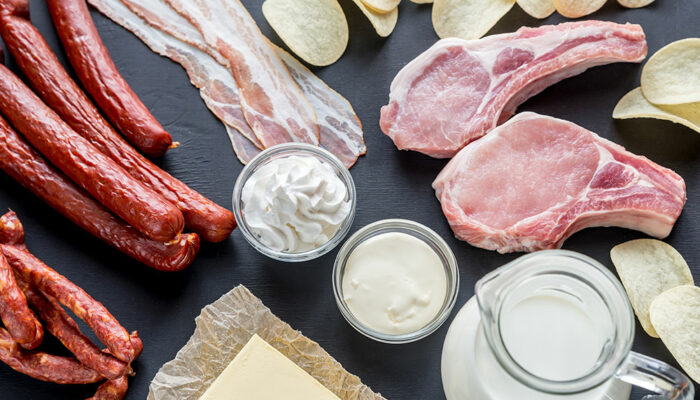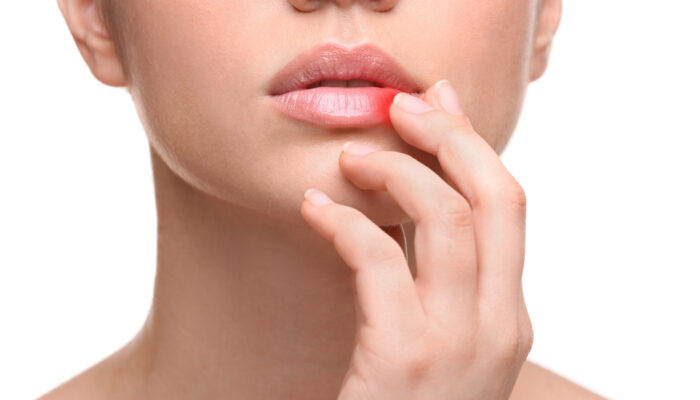
Treatment Options for Overactive Bladder
Overactive Bladder or OAB is a condition in which an individual experiences symptoms such as urgency to urinate, frequent urination, and incontinence. There are several ways to avoid and manage these problems. In this article, we will be discussing four types of products that help manage an overactive bladder.
1. Patches
OTC patch is a simple alternative to tablets and other forms of medication. It provides the body with a kind of medication called oxybutynin. This helps reduce the urge to urinate by assisting the bladder in control muscle spasms. Its application is simple, and the method is effective when used correctly. Moreover, one must apply the patch to a different area than before. However, there might be a few side effects, such as dry mouth, dizziness, and discomfort. If one notices any unusual symptoms like difficulty breathing or an allergic reaction, they must visit a doctor immediately.
2. Absorbent products
Products such as pads, throwable underwear, and liners are used to absorb moisture due to leaks. They are made of breathable material that soak the moisture and prevent the clothes from getting wet. These products come in various shapes and sizes to help one find a product that adheres to their needs. These products are usually a little expensive; however, they are the most effective way to keep oneself clean and hygienic. If one has sensitive skin or is allergic to perfume fragrances, they must look for fragrance-free alternatives.
3. Herbal remedies
A variety of herbal products have been effectively used to manage an overactive bladder. Although not much research has been done on these remedies, they are harmless and can be tried out. Several herbs, such as green tea extract and buchu flower, have little to no evidence of curing bladder cancer. However, green teas containing zero caffeine and buchu flower tea, which is naturally caffeine-free, may help manage OAB, as they cut down one’s caffeine intake. Moreover, Chinese and Japanese herbal combinations called the Hachi-mi-jio-gan and Gosha-jinki-gan have been tested on small groups and have shown significant results.
4. Medication
Several people try managing their condition by changing their lifestyle and dietary choices. However, if they are struggling despite these changes, doctors suggest medication called antimuscarinics. This medication reduces the frequency of urination by blocking the receptors in the walls of the bladder. Medicines usually have certain side effects, mainly dry mouth, constipation, and cold. One must consult a doctor before consuming any medication. If one notices any side effects or allergies, they must visit a doctor immediately. If medication does not work, one should consult their doctor about a higher dose of treatment.



